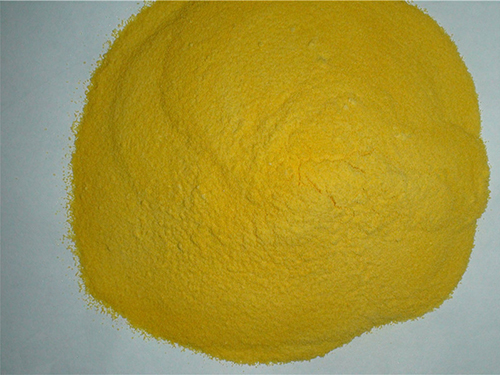anionic polyacrylamide
Anionic polyacrylamide (APAM) is a water-soluble polymer widely used in various industrial applications due to its unique properties. Its anionic nature provides it with a negative charge, which enhances its ability to interact with positively charged substances, making it particularly effective in processes like flocculation, sedimentation, and viscosity modification.
One of the primary applications of anionic polyacrylamide is in wastewater treatment. The polymer acts as a flocculant, assisting in the aggregation of suspended particles in water. This aggregation helps in forming larger flocs that can be easily removed from the water, leaving it cleaner and clearer. APAM is beneficial in treating various types of wastewater, including municipal, industrial, and agricultural effluents. Its efficiency in removing pollutants such as heavy metals and organic compounds significantly contributes to environmental protection and regulatory compliance.
Moreover, anionic polyacrylamide is also utilized in the oil and gas industry, particularly in enhanced oil recovery (EOR) processes
. When injected into oil reservoirs, APAM improves the viscosity of the water used in EOR, helping to displace oil more effectively. This enhanced oil recovery not only boosts production but also optimizes the use of resources, making it a crucial component in modern oil extraction techniques.anionic polyacrylamide

In the agriculture sector, APAM serves as a soil conditioner. It helps improve soil structure, water retention, and nutrient availability, thereby enhancing crop yield and sustainability. The polymer’s ability to reduce soil erosion and increase moisture retention is particularly valuable in arid regions where water conservation is critical.
Furthermore, anionic polyacrylamide has applications in the paper and pulp industry, where it aids in improving drainage and retention during the paper manufacturing process. Its ability to interact with cellulose fibers enhances the strength and quality of the final product.
Despite its many benefits, handling anionic polyacrylamide requires caution, as excessive use can lead to changes in aquatic ecosystems. Therefore, it is crucial to apply this polymer judiciously and in accordance with environmental regulations. With ongoing research and development, anionic polyacrylamide continues to demonstrate its versatility and importance across various industries, supporting both efficiency and sustainability.
-
Pbtc Scale InhibitorPBTC: A Scale Protector for Industrial Water TreatmentNewsAug.05,2025
-
Organic Phosphonate: An Efficient Defender in the Field of Scale InhibitionNewsAug.05,2025
-
Hydrolyzed Polymaleic Anhydride: Green Pioneer in Scale Inhibition FieldNewsAug.05,2025
-
PAPEMP Polyamino Polyether Methylene Phosphonic Acid For SaleNewsAug.05,2025
-
Flocculant Water Treatment: A Pioneer in Purification in the Field of Water TreatmentNewsAug.05,2025
-
Benzyl Isothiazolinone: An Efficient and Broad-Spectrum Antibacterial Protective GuardNewsAug.05,2025





